24 Concepts to succeed in the business world 💼 (Part 1 of 3)
Principles to help you navigate the business world
I’ve always wanted to publish a summary of the most useful concepts that help me thrive in the business world.
These concepts are psychological effects, observations and principles that can be seen everywhere in business and influence our decision making all the time.
Being aware these exist is the first step to (a) mitigate their impact on us and (b) leverage them to our advantage.
Success means being able to do (a) and (b) everyday.
So, I’ll be publishing 24 concepts for the year 2024.
I’m dividing this 24 concepts into three separate posts, because I am sure breaking it down will make it easier to absorb them.
This is Part 1.
Let’s start:
(By clicking on the title of each concept you will get more information)
1. Anchoring Effect ⚓
We rely too heavily on the first piece of information we encounter (i.e. the "anchor" ) when making decisions.
Example: When negotiating the price of a something, the initial price suggested by the seller heavily influences the buyer's perception of what will be reasonable.
2. Broken Windows Theory 🪟
Visible signs of disorder and neglect - like broken windows or graffiti - can encourage anti-social behavior (e.g. littering) and crime in an area.
This explains the importance of promptly address visible signs of disorder in social groups to prevent further deterioration. Including the workplace.
Example: If not addressed promptly, negative behaviors such as bullying, discrimination and dishonesty in the workplace can permeate the company culture and drive further exacerbation of these behaviors.
3. Dunning-Kruger Effect 🗣️
Incompetent individuals tend to overestimate their own ability, while competent individuals might underestimate theirs.
Example: That colleague in sales that has zero experience in marketing, yet believes he knows everything about it and wants to teach you how to do your job.
4. Endowment Effect 🪵
We overvalue something that we own, regardless of its objective market value.
Example: Our used mug has more value than its market price because of sentimental attachment.
IKEA leverages the endowment effect by leaving the responsibility of furniture assembly with the consumers.
The “IKEA effect” was first coined in a 2011 study published in The Journal of Consumer Psychology, by Michael Norton and colleagues.
In the experiments, participants were distributed into builder or non-builder groups.
The builder group was responsible for assembling a plain IKEA storage box, while the non-builder group was given a fully assembled box.
Participants gave their willingness to pay for the product and rated how much they liked the box on a 7-point scale.
The authors found that participants who built their boxes liked them more, and also were willing to pay more for them vs. the non-builders.
5. Flynn Effect 📈
Over generations, there is a gradual increase in average IQ scores.
Modern populations tend to score higher on IQ tests vs. their counterparts from a century ago, suggesting a trend of intellectual improvement.
Reasons: Improved education; access to information; better health and nutrition; exposure to new, more advanced tasks.
Leading up to the 1990s, IQ scores were consistently going up, but in recent years, that trend seems to have flipped - the “Reverse” Flynn Effect.
What do you think is the business takeaway here?
6. Loss Aversion 🏦
We tend to feel the pain of a loss more intensely than the pleasure of an equivalent gain.
Example: Consumers accustomed to the benefits provided during a free trial, will perceive the end of it as a loss, deciding to continue with the service to avoid losing the benefits.
If you are into psychological effects you might also like this one:
7. NAXALT Fallacy ⚖️
The belief that because someone in a group lies at the extreme, the average of that group does not exist.
Example:
Eric: “Men are generally stronger than women”
John: “Not true. My sister is a powerlifter”
Takeaway: smart people tend to use qualifiers like “generally” and “most”, and dumb people tend to ignore them. Businesses have both types.
8. Peter Principle 👔
People in a hierarchy tend to rise to "a level of respective incompetence".
Employees are promoted based on their success in previous jobs until they reach a level at which they are no longer competent.
Example: A talented engineer promoted to a managerial position despite lacking the necessary leadership skills, resulting in inefficiency.
See you next Sunday 🗓️
Thanks,
Giacomo



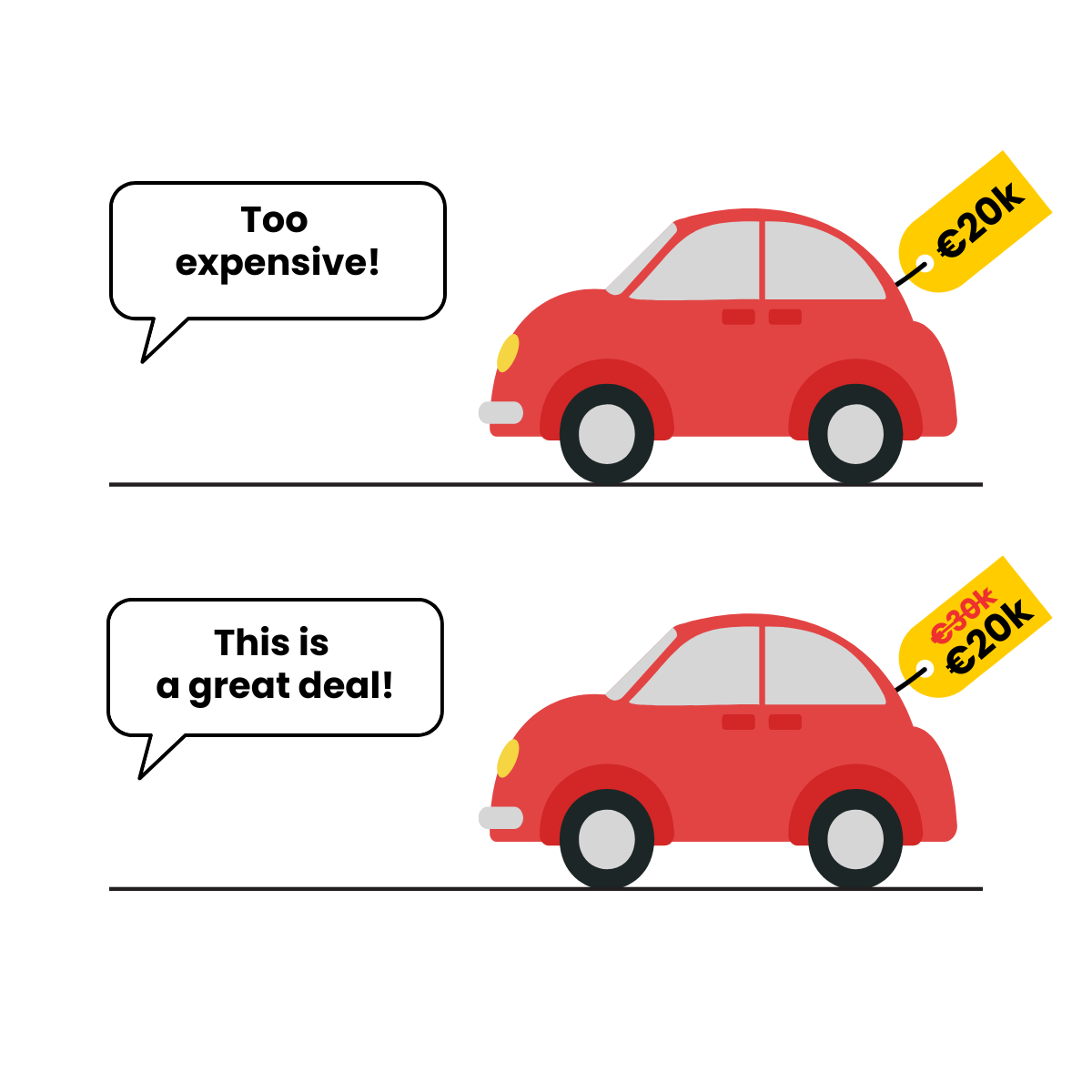
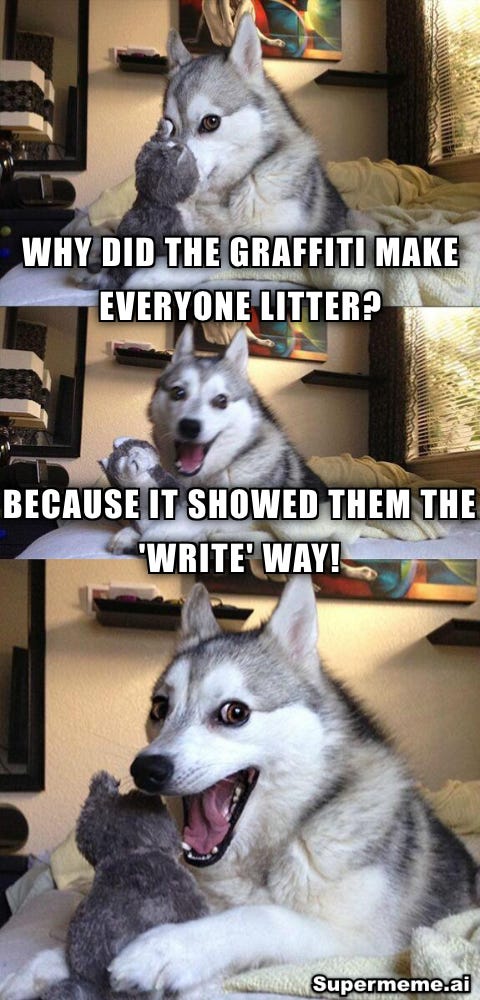
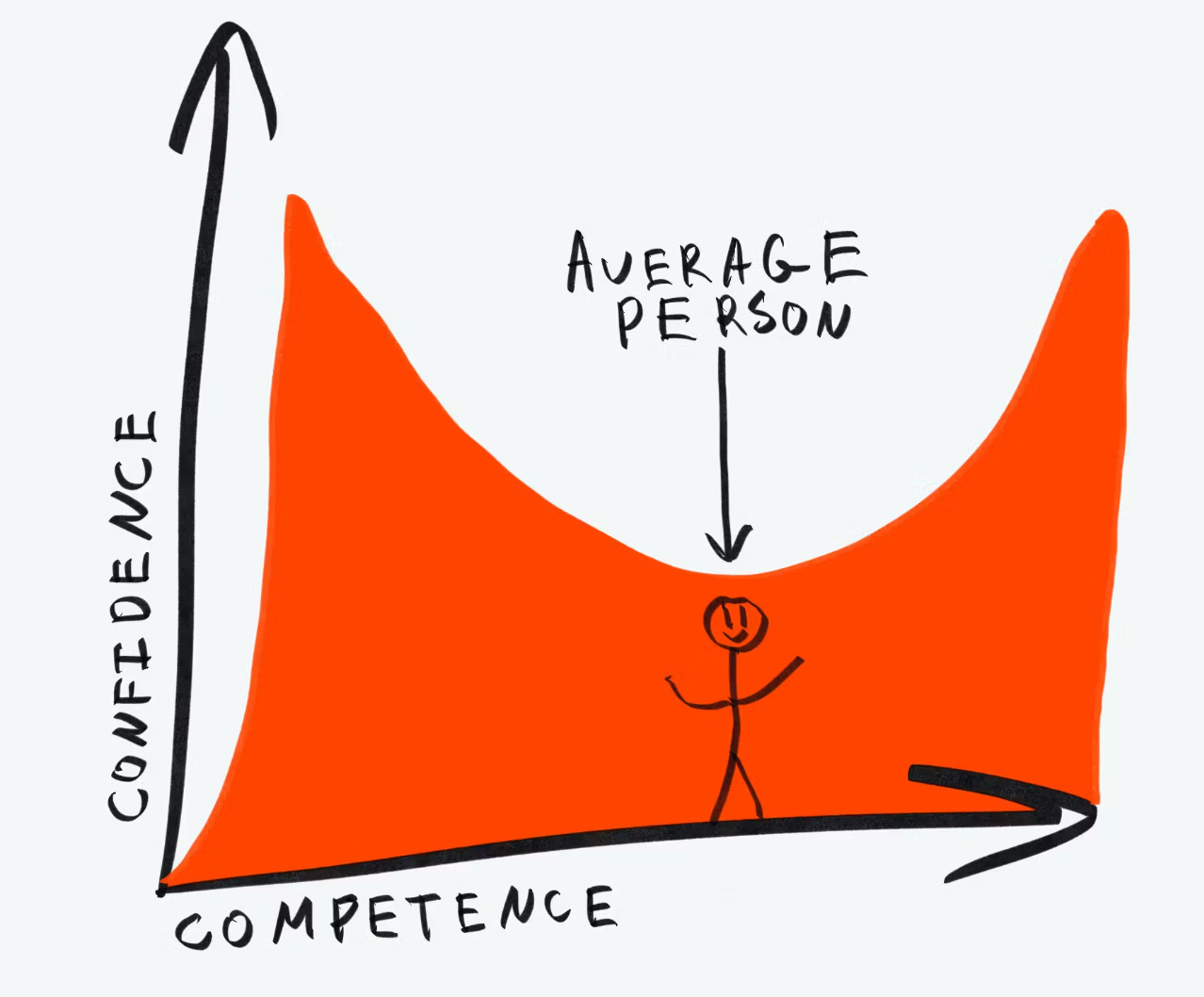

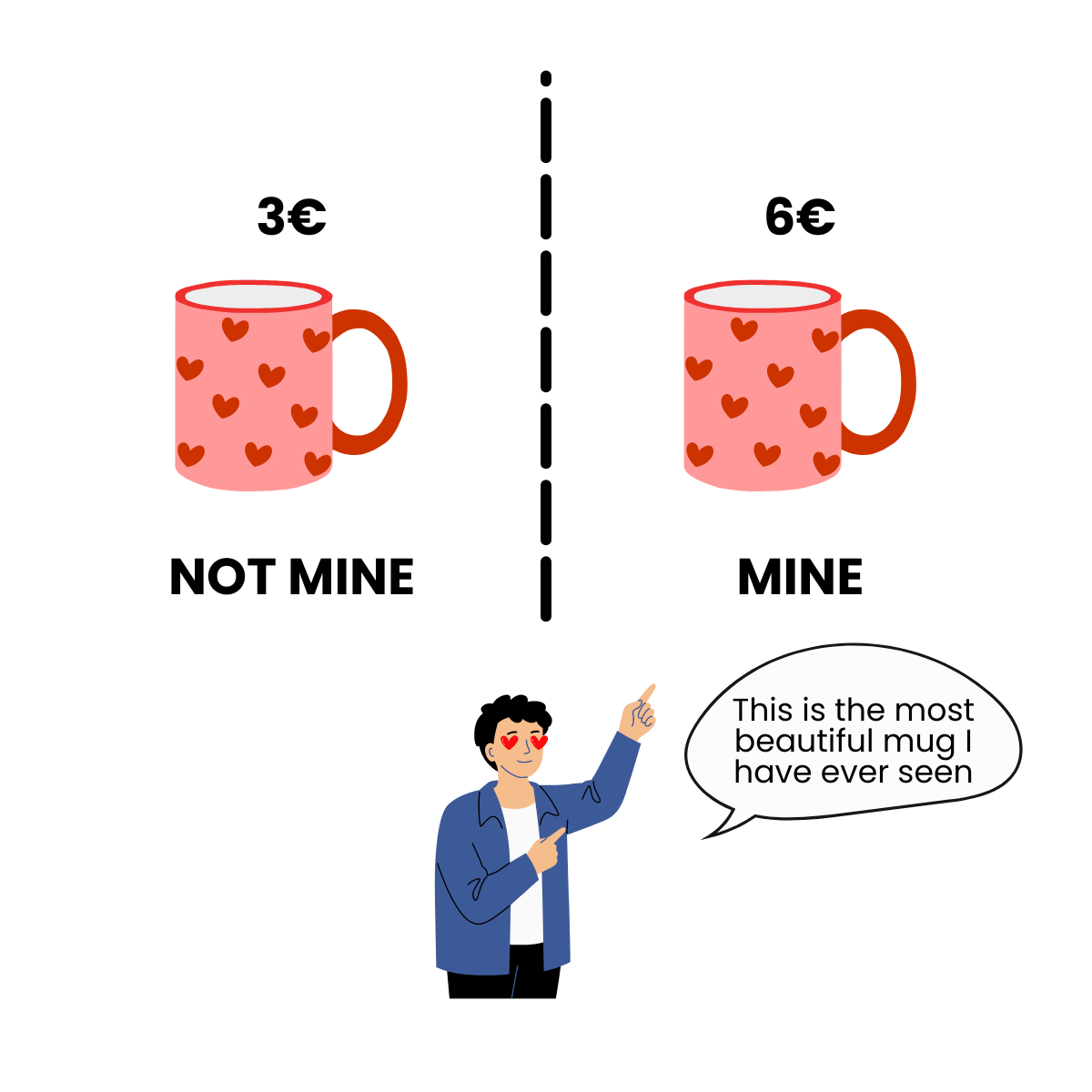
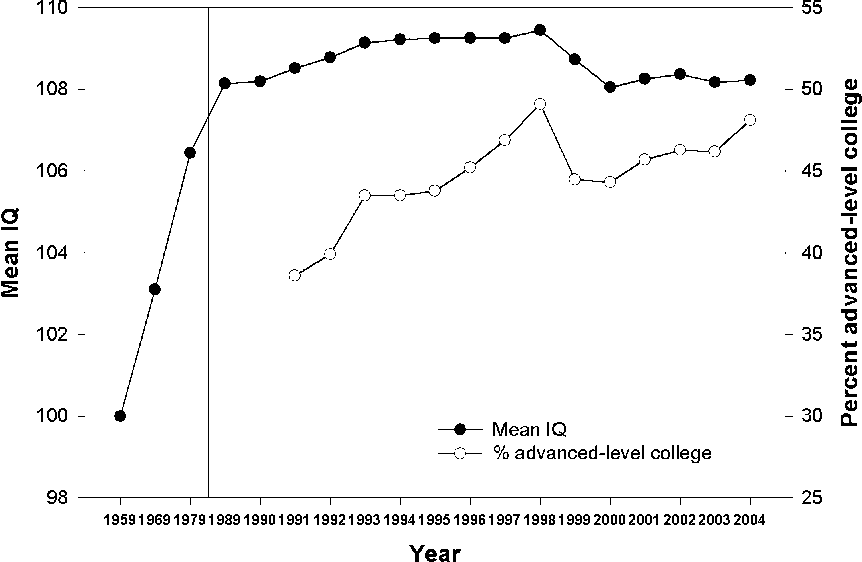
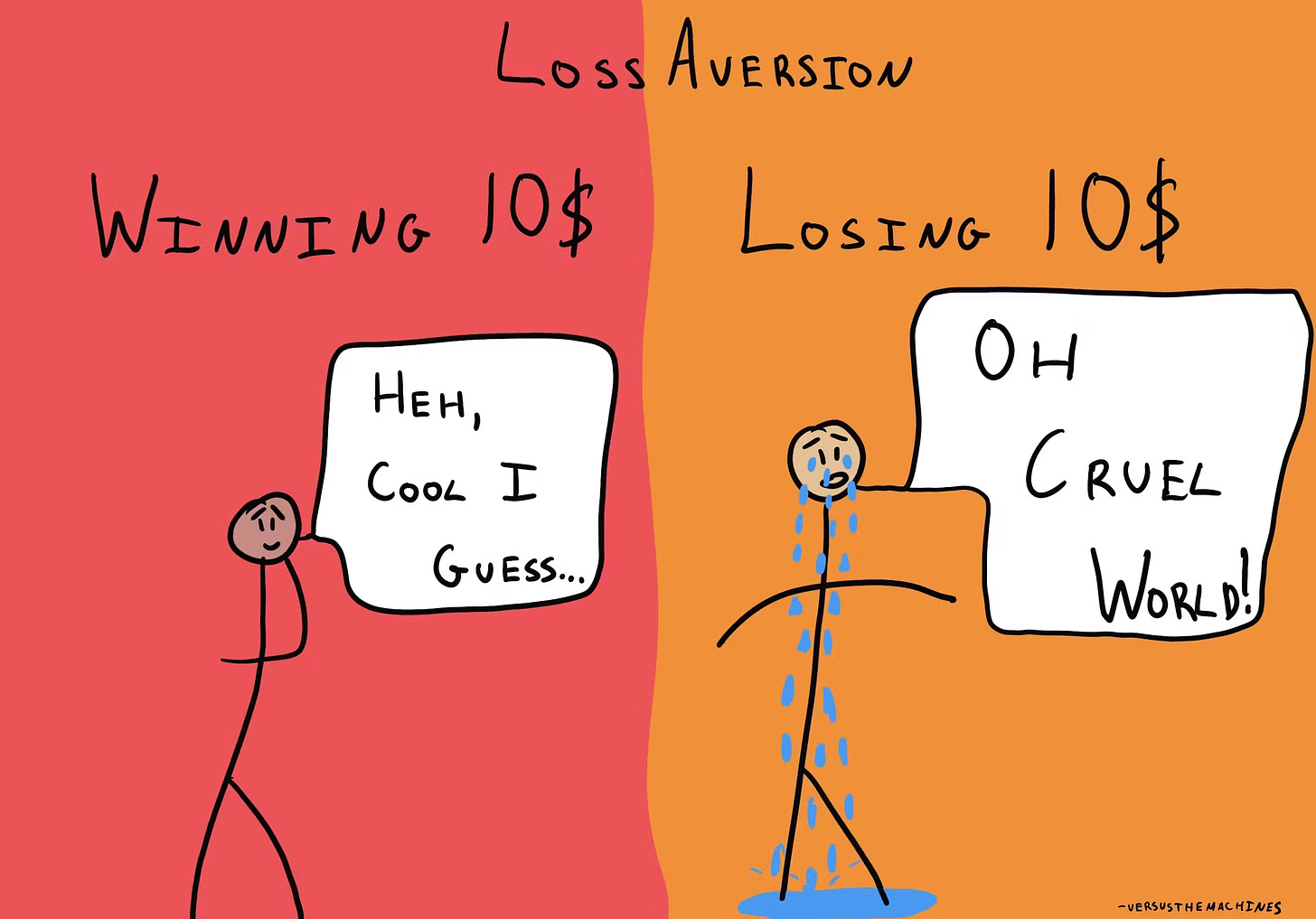

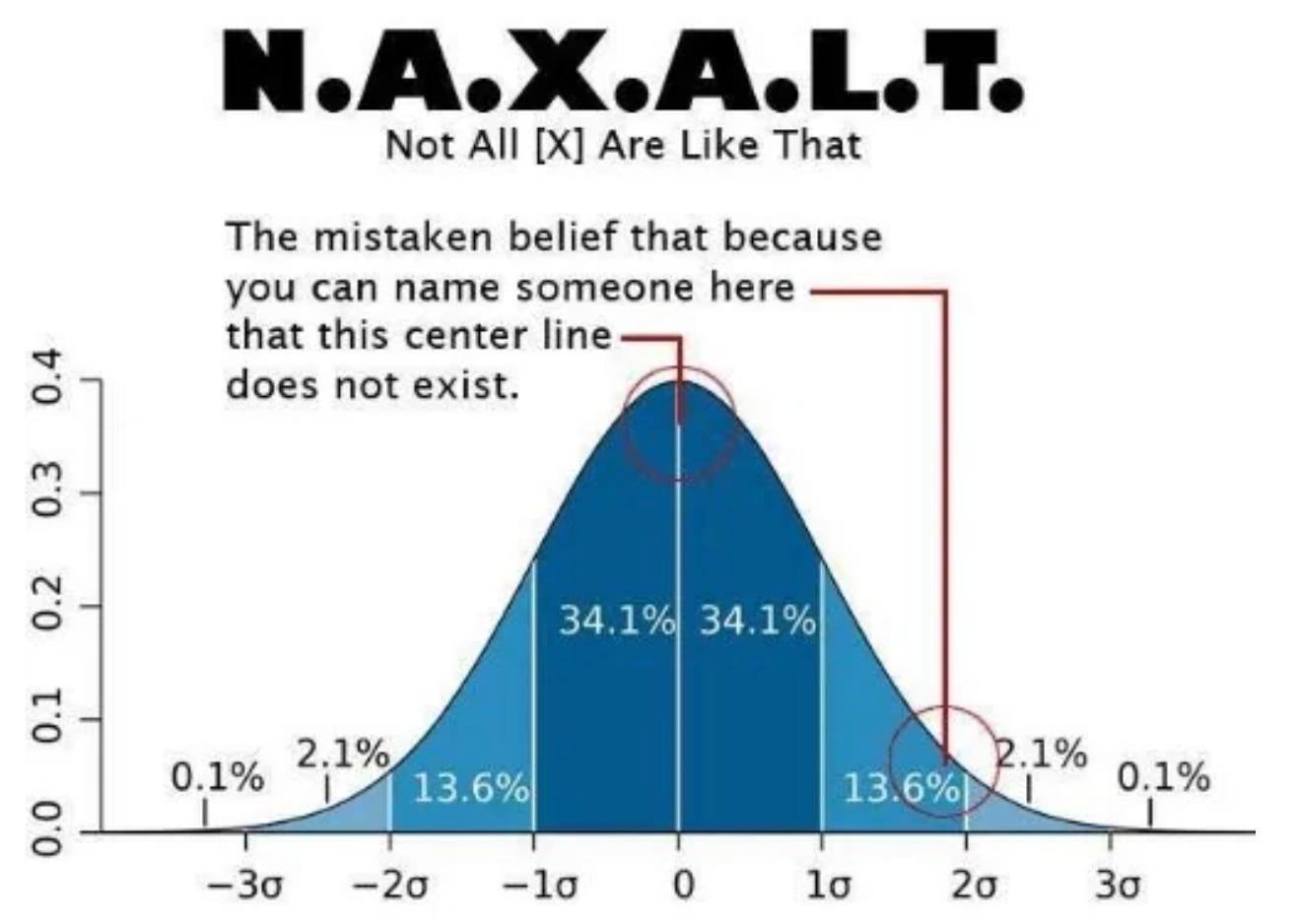
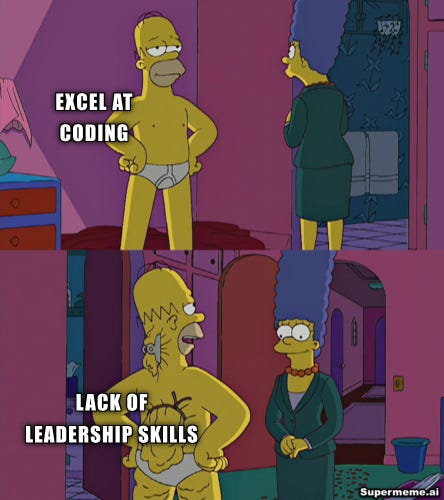
What happened around 1997 that triggered the change in trajectory of avg IQ score. ? Was it due to the rise of internet ...? 🤔
Hey Giacomo, I really loved the 3rd one! I resonate with it as well! I can't tell you how many times I've felt incompetent as a writer (someone's who done this for a few years now) compared to someone that it completely new that acts as if they know everything lol. Sometime I wish I had their confidence. But I've learned to develop more overtime.